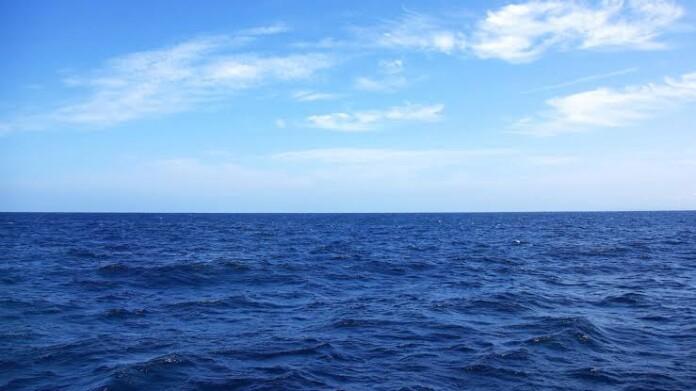Panaji: The Ocean researchers have revealed that there was a decline in two to seven times in the concentration of micro-plastics (MPs) in Goa’s Mandovi and Zuari estuaries during the COVID-19 pandemic times of the year 2020.
A team of researchers in their paper “The consequences of reduced anthropogenic activities during the COVID-19 pandemic on microplastic abundance in a tropical estuarine region: Goa, India” has said that there was a sharp decrease in the MPs concentration was observed due to the COVID-19 outbreak.
The researchers from CSIR-National Institute of Oceanography including Priyansha Gupta , Mahua Saha, V. Suneel , Chayanika Rathore , Durbar Ray and,Akshata Naik have conducted this research by collecting the samplings of this area before and after the isolated pandemic COVID-19.
“ The present study showed a comparison in the distribution and characterization of MPs from surface water and sediments of the Mandovi Zuari estuaries before the isolated pandemic (BIP 2019) and after the isolated pandemic (AIP 2021) periods.
During the AIP period, the MP concentrations/levels were much lower than in the before-isolated pandemic (BIP) period for both surface water and sediments irrespective of the different seasons.
The researchers have concluded that the concentration of MPs had declined by two to seven times after the COVID-19 pandemic lockdown.
“A reduction in MP levels during BIP to the AIP period may indicate a positive impact on the health of marine ecosystems and progressive implications for the economic and social wellbeing of coastal communities,” the paper reads.
The paper states that this study revealed that the reduced MP levels are associated with changes in human activities during the pandemic and thus it may highlight the potential benefits of more sustainable consumption and production patterns.
“This underscores the pivotal role played by societal and industrial exploitations in driving MP pollution and by effectively controlling and altering human actions on plastic production, consumption, and waste management, the emerging MP concentration in water, can be controlled to a great extent,” the researchers have said.
The paper has mentioned that this will eventually be helpful for the identification and amelioration of potential MP sources, encompassing both regional and global contexts.



